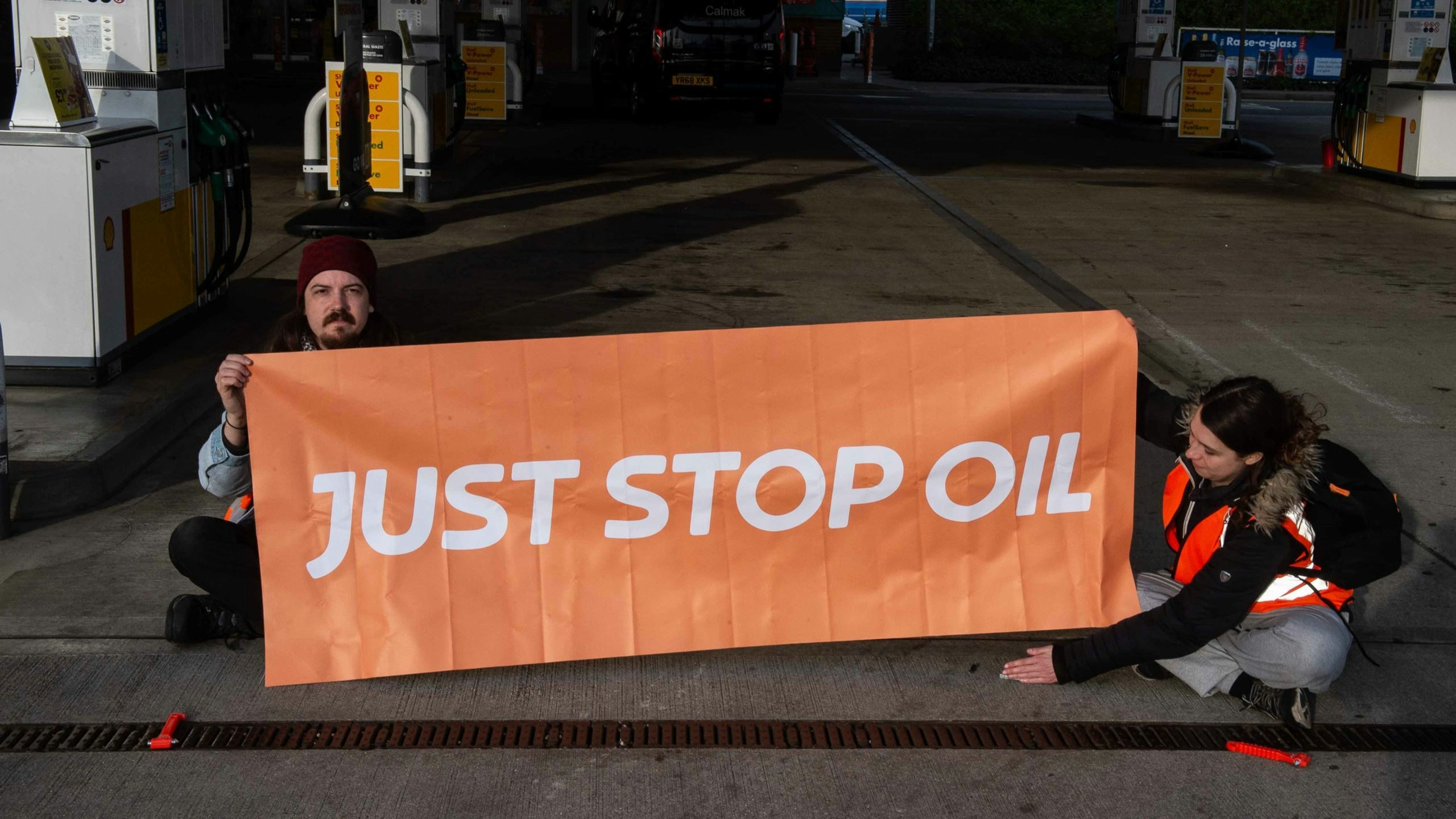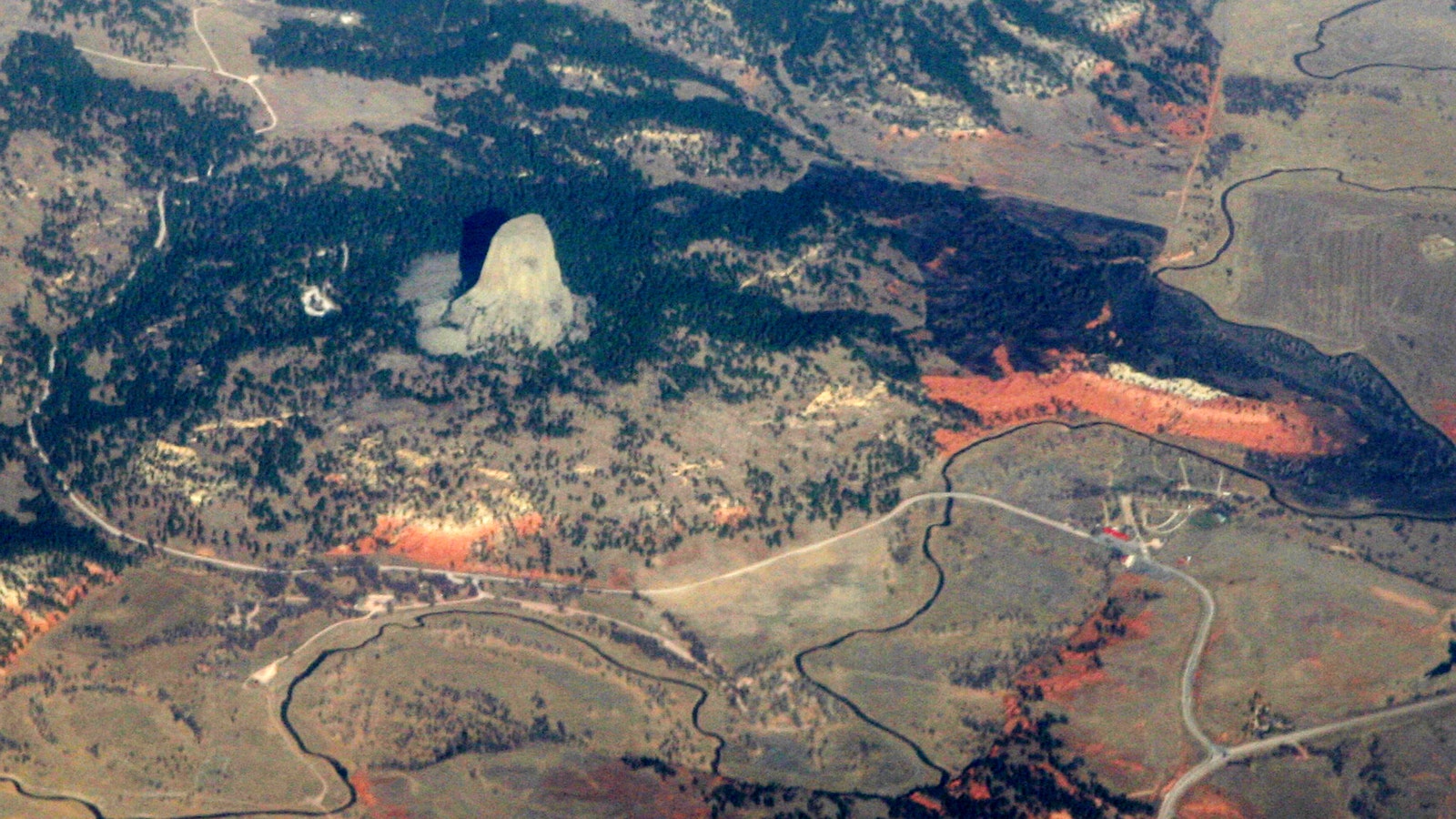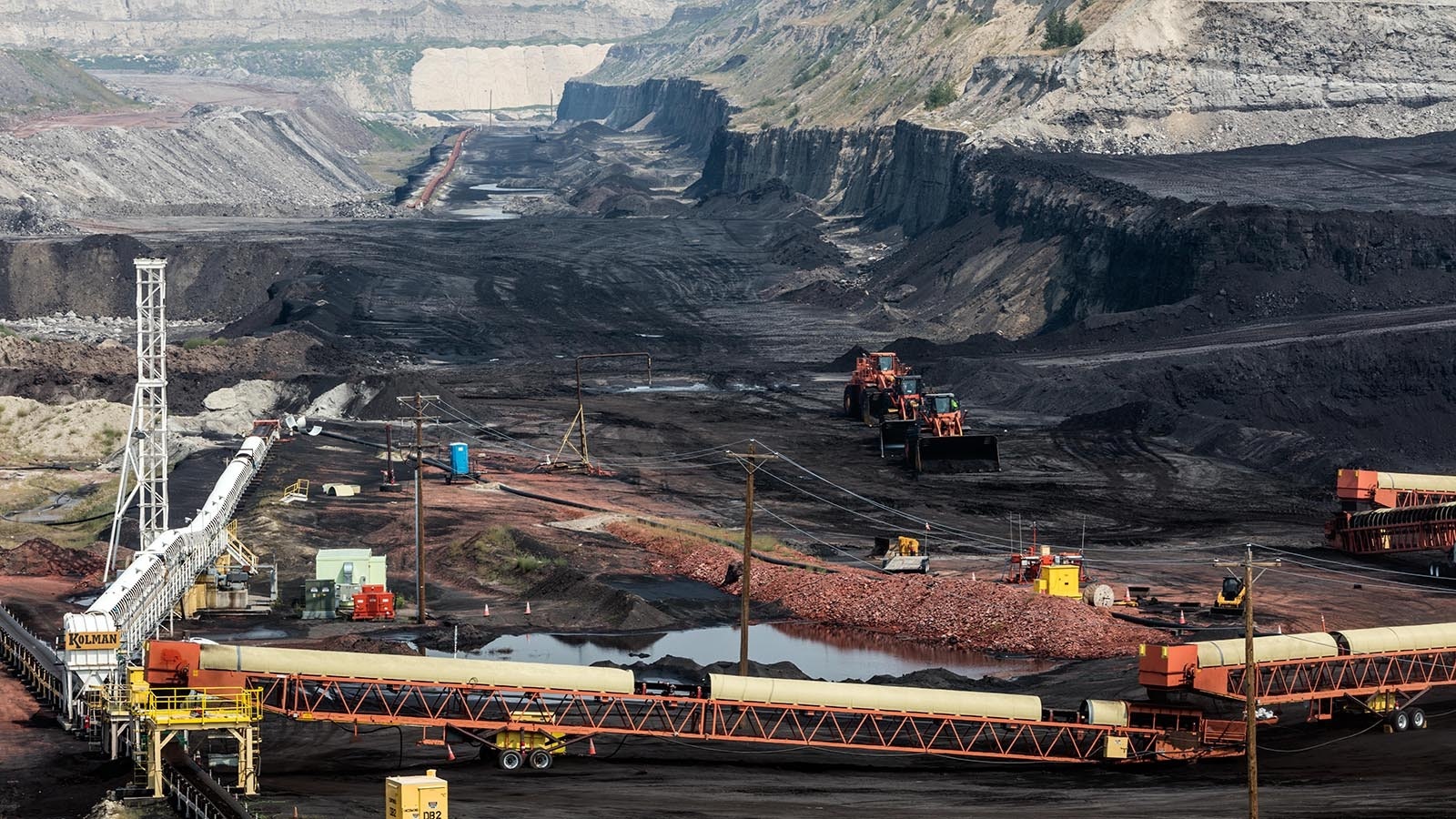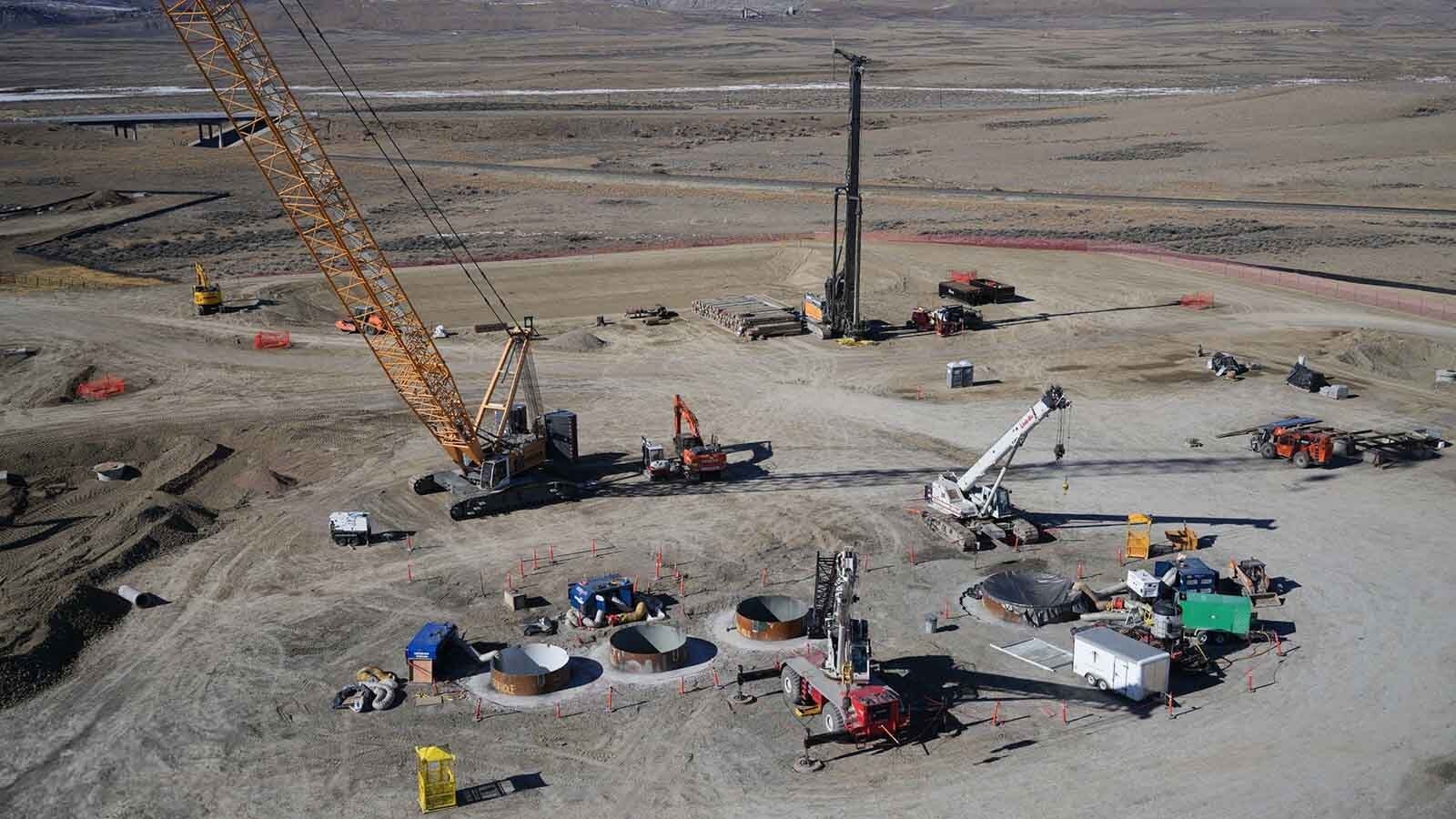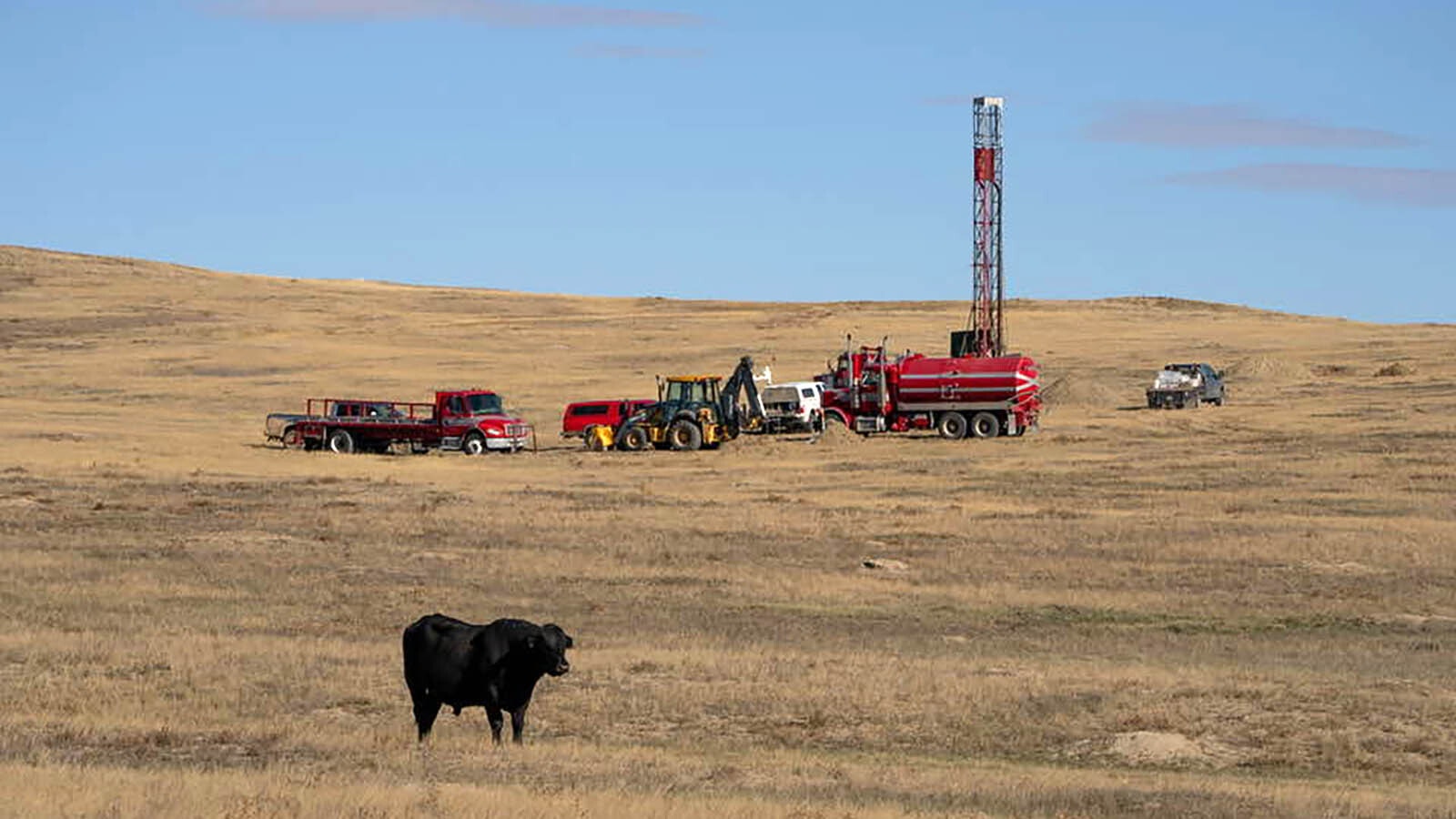The Biden administration has leased fewer federal acres for oil and natural gas development than any president since World War II, but environmental groups are hoping to stop the practice entirely.
The Bureau of Land Management announced in October a proposed lease sale on 209 parcels of federal land totaling 251,086 acres for the second quarter of 2023, which initiated a 30-day scoping period to receive public comment on the proposed sale.
Need More Time
On the day that scoping period ended, more than 40 environmental groups sent a letter to the U.S. Department of the Interior asking that the bureau hold public hearings in the areas where the parcels are located and that the comment period be extended to 45 days.
“The actions the Bureau of Land Management may take based on them have serious implications for the United States, and all countries of the world, to prevent 1.5 degrees Celsius of additional warming — warming beyond which scientists predict catastrophic harm to people, ecosystems and species worldwide,” the letter says.
Jeremy Nichols, director of climate and energy program for WildEarth Guardians, said stakeholders need more time to understand what the BLM is proposing.
“We needed more time to … get a good handle on things so that we can actually offer some meaningful and insightful comments to the agency,” Nichols said.
An Attempt To Stall
William Pendley, who served as acting director for the BLM between 2019 and 2021, said he couldn’t speak for every one of the over 40 groups that signed the letter, but environmental groups that oppose all oil and gas development generally use any process at their disposal to stop a lease sale from going forward.
“I just see this as an effort on the part of environmental groups that want to keep fossil fuels in the ground,” Pendley said.
Nichols doesn’t dispute that his group’s overall goal is to stop oil and gas development on federal lands.
“Leasing public lands to the oil and gas industry right now in the midst of our climate crisis is absolutely insane,” Nichols said. “So yeah, we’re going to do everything we can to derail what the Biden administration is proposing.”
Full Discretion
The BLM closed the comment period Nov. 7, as scheduled. Nichols said that the various groups concerned about the lease sales were able to provide the BLM with some general comments, but he doesn’t think it was enough.
“I do fear that we weren’t able to provide enough detail to the agency to really meaningfully impact the process,” Nichols said.
Though the first public comment period is closed, Nichols said there will still be opportunities to provide input on the proposed sale, which includes leases on public lands in New Mexico and Kansas, from going forward. The BLM has a lot of discretion to extend the comment period and to hold the public hearings as groups are requesting in their letter to the Interior Department.
“We’re waiting to hear back from them as to what they want to do, but they have complete discretion here,” Nichols said. “In terms of the process, even on the outcome. Leasing is a discretionary action, and there’s nothing that requires them to actually move forward at leases.”
Ongoing Trend
Ryan McConnaughey, spokesperson for the Petroleum Association of Wyoming, told Cowboy State Daily the federal leasing process is “convoluted,” which gives groups opposed to oil and gas developments multiple opportunities to stop leasing on public lands.
Besides public input on the announcement of the proposed lease sales, there are environmental reviews on the well locations themselves. And should the leases go forward, the groups can raise objections in the courts, potentially tying up oil and gas projects for years.
In September, the Sheridan-based Powder River Basin Resource Council, along with the Western Watersheds Project, filed a lawsuit in the U.S. District Court of the District of Columbia against the BLM to stop a 5,000-well project in Converse County.
The lawsuit alleges that the plan doesn’t properly guarantee wildlife protections, and the BLM’s approval also didn’t properly consider impacts to air quality and the natural landscape.
“This is an ongoing trend that is disturbing,” McConnaughey said, adding that most oil and gas development in Wyoming takes place on federal land.
Climate Crisis?
Many groups have raised alarm that a failure to limit warming to 1.5 degrees above pre-industrial levels will produce a catastrophic point of no return.
The target, which was incorporated into the international Paris Agreement, originally came from a 2018 special report for policymakers by the United Nations International Panel on Climate Change (IPCC), a consortium of the world’s leading climate scientists.
Swedish climate activist Greta Thunberg was one of the first to popularize the deadline, and since then it’s been repeated by Special Presidential Envoy for Climate John Kerry, Rep. Alexandria Ocasio-Cortez, D-New York, and many others.
The characterization of the deadline has been criticized by many scientists, including those who worked on the report.
James Skea, co-chairman of the report, told The Associated Press in 2018 that the panel never claimed there were 12 years to save the world. Skea warned that the hotter it gets, the worse the problem is and the harder it is to get under control.
“But there is no cliff edge,” Skea told the AP.
Lead author of the report, Myles Allen, warned activists against making the claim that the world will end in 2030 due to climate change. The IPCC, Allen said, doesn’t draw a boundary “beyond which like climate dragons.”
According to the International Disaster Database, the number of climate related deaths has fallen 98% since 1920.

